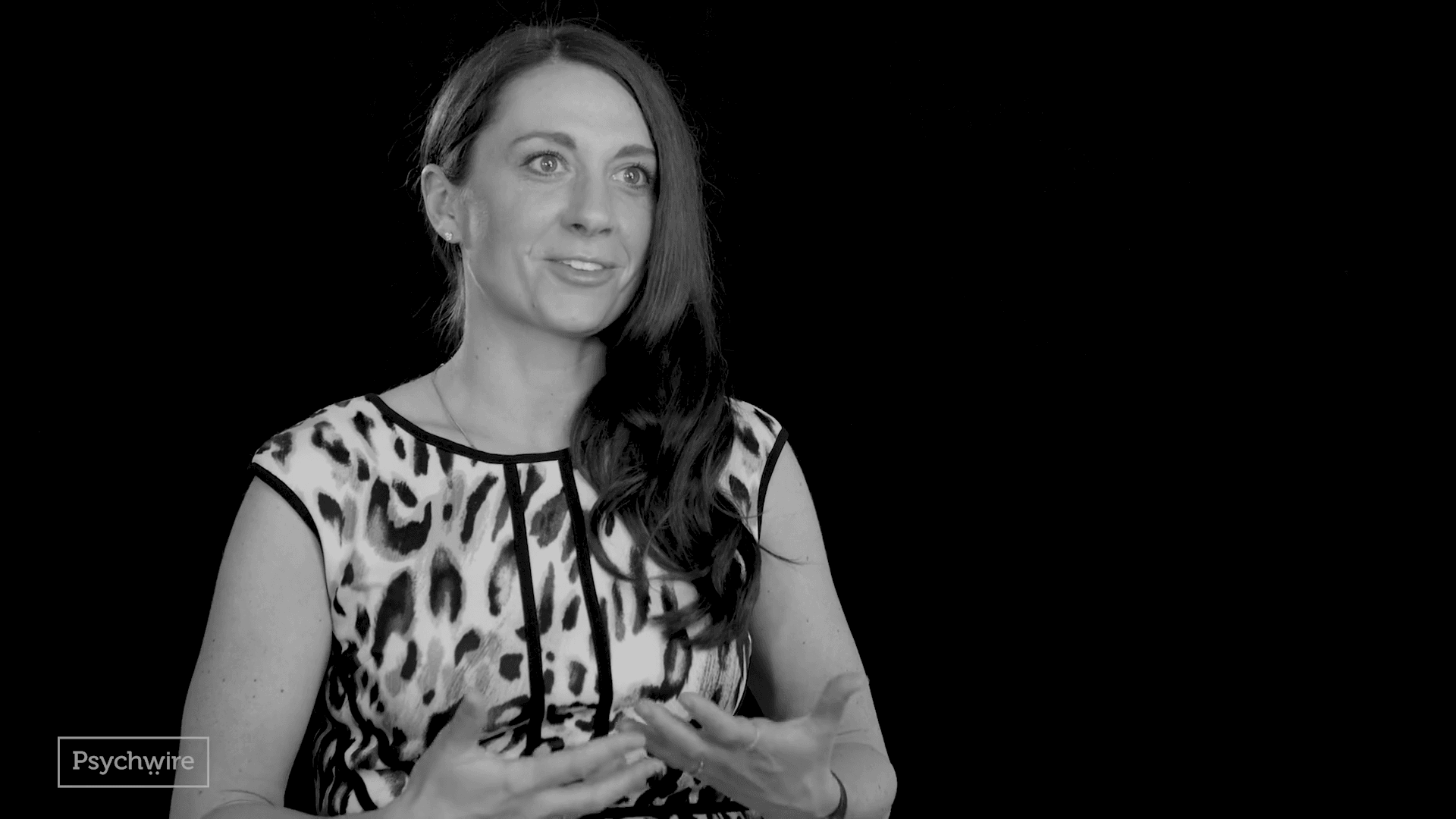
Asking Directly About Suicide
 AMSR for Inpatient Settings
AMSR for Inpatient SettingsOne of the aspects clinically that I like to emphasize in my trainings, and this is something that I always found immensely helpful for myself when I was in an outpatient setting doing therapy, is to ask about suicide as a matter of routine and habit in every single session I had. It's really important to be direct, to use appropriate acceptable language. We can't beat around the bush and ask things like you're not thinking of hurting yourself, are you? Or heaven forbid, you're not thinking of something stupid like killing yourself, are you?
Because we're shaming. That's that goes to shame attenuation. It's-- it's a factual event, a factual feeling that we're asking about. So we have to ask it in a factual way. And we have to ask it in a way that does not bring any shame or sense of judgment with it. When staff is trained, and they're competent and competent in asking questions and just knowing about suicide and knowing the realities of it, they're not afraid to ask the question.
And they also start to see the signs. So actually having that training of, you know, starting that relationship in building a trust, even if it's in two minutes, you can build a trust with a patient or an individual and actually having that conversation. And then leading into those questions of, you know, someone going through similar situations might be having suicidal thoughts. Are you having these suicidal thoughts? "No" is the best answer we can get. We might talk about, you know, last week you did have some suicidal thoughts.
What changed? Why do you think those didn't emerge for you? And we can talk about hope protective factors, the effective coping skills, and, again, drive up that autonomy within the patient or the client to make sure that they know that they can handle this stuff when it comes up. That's one of the the most rewarding aspects of therapy.